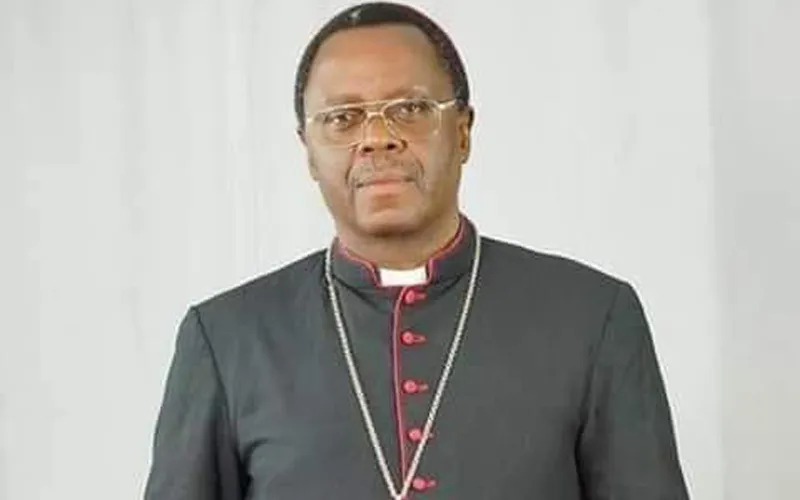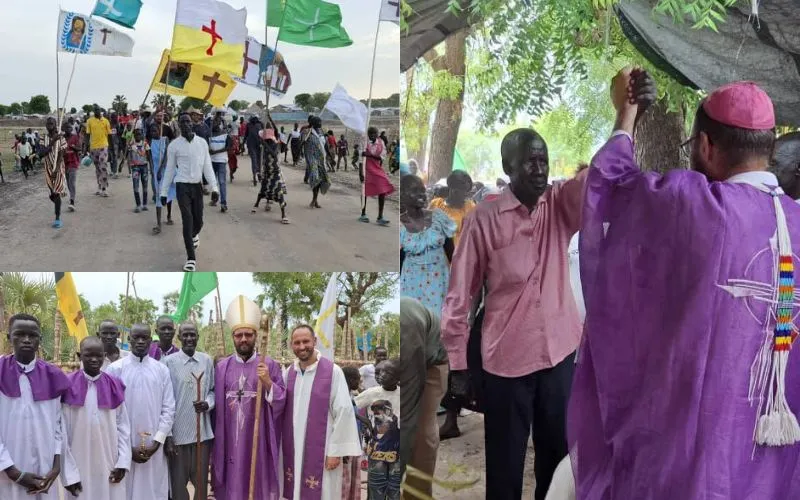“As Church, we have been negotiating with government since regarding the increased immigration fees where a temporal permit for missionary priests, sisters and lay volunteers will cost K21,210 (US$ 961.00) from the previous K3,230 (USD 146.00) and the renewal permit will now cost 18,550 Zambian Kwacha (USD 840.00) from the previous K2,200 (US$100.00),” he says.
The Bishop goes on to highlight the work of missionaries who “endure hardships as they provide pastoral care to many needy Zambians” in the country’s rural areas and notes, “a better and long-lasting empowerment for the Church would be to exempt it from paying high fees on immigration issues as well as other forms of taxes.”
“In as much as we need these funds to run the affairs of the Church, we are humbly asking the government to consider the aforementioned as a form of the empowerment that shall ease the burden of our fellow citizens,” Bishop Lungu says in the six-point statement.
Channeling the funds to the suggested causes “shall be another form of church empowerment bearing in mind that the same citizens, our members, are directly responsible in supporting the Church and its Clergy,” he reiterates.
“In view of the above and in the light of the ZCCB decision, I wish to direct Catholic institutions or organizations or parish or lay movement in the Diocese of Chipata not to access these funds through the Ministry of National Guidance and Religious Affairs or otherwise,” Bishop Lungu directs.
(Story continues below)
He expresses his appreciation for the generosity of “all weather friends who have been so generous all the time in support of our local church, whether during or outside the election period” and encourages them to continue.
He goes on to caution the people of God under his pastoral care not to entertain “those donations, which are followed by cameras and speeches and appearing either on the national broadcaster or indeed private media often with political overtones.”
“It should also be noted that we need to avoid soliciting some funding while capitalizing on the campaign generosity of visitors especially during liturgical gatherings,” he adds.
He further says, making reference to the Gospel according to St. Mark, “Much as we are in need of the funds to run the affairs of the church, our Lord will not allow us to drown in the seas of COVID-19 challenges but with Him on board, time for calm will surely arrive like the dawn of a new day.”
“Let your well informed and formed conscious, which is the voice of God, be your last consultant on what to do with regards to the welfare of our people regardless of political and religious affiliation,” Bishop Lungu says.








